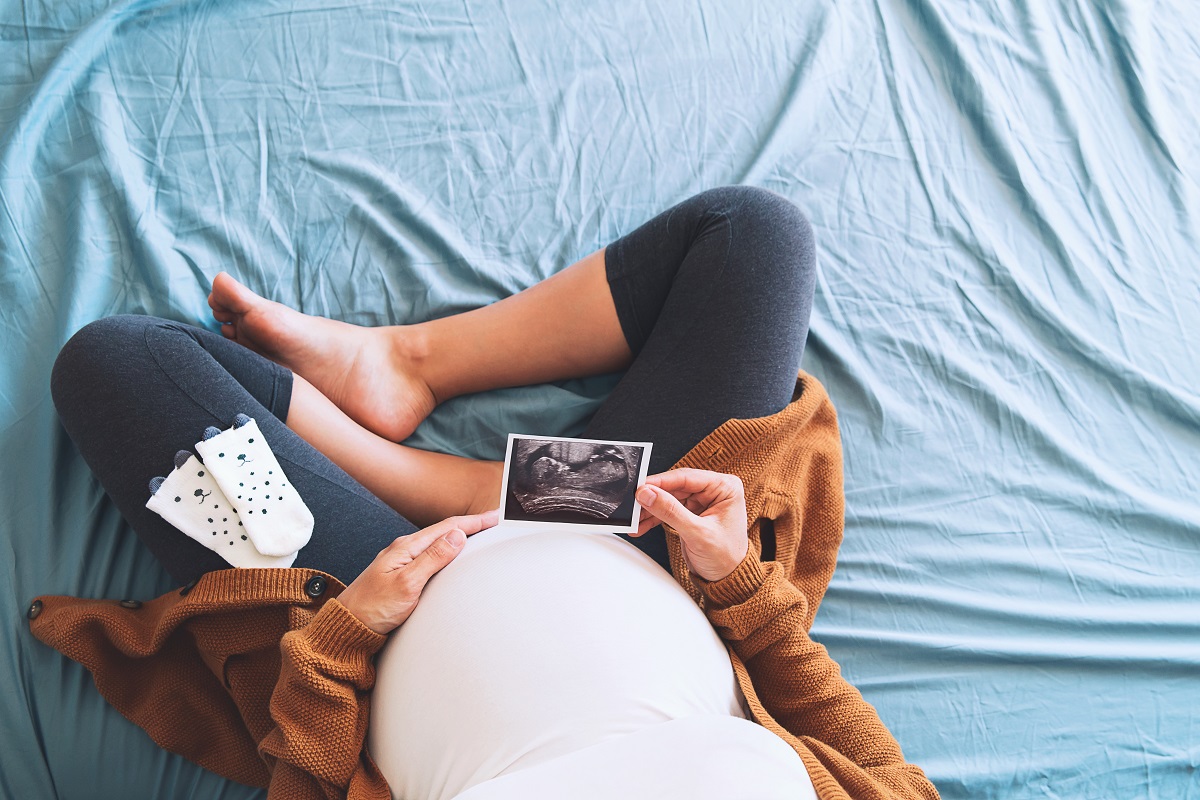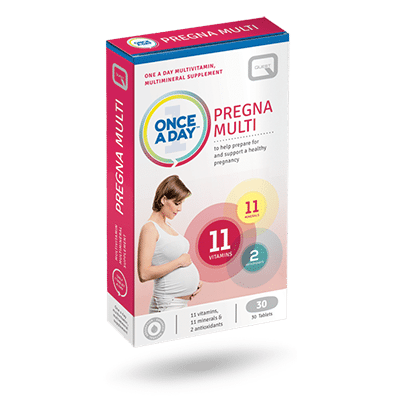You’re probably well aware of some of the essential pregnancy advice – like not smoking or drinking, and getting enough rest – about taking care of yourself and your developing baby. So, if you’re sick of hearing the same old advice, here are 5 less common pregnancy tips that can help ensure healthy development for your baby.
#1 – Follow a healthy diet
Enveloped in warm, amniotic fluid, your baby gets all the nutrients she needs from you through the placenta. To ensure that you’re meeting her needs for rapid growth and development, you need to include a variety of fruits, vegetables, whole grains, and low-fat dairy products in your diet.
If you’re still unsure of how much and what you should eat during pregnancy, it never hurts to consult your primary health care doctor for individualized advice.
#2 – Take a prenatal vitamin
While a healthy diet remains the best way to get all the nutrients you need, sometimes you can still fall short despite trying your best. And that’s where prenatal vitamins can help.
Most prenatal supplements contain more folic acid and iron than other standard adult multivitamins. Here’s why:
• Folic acid – helps prevent severe abnormalities of your baby’s brain and spinal cord.
• Iron – helps prevent anaemia, a condition where your blood has a low number of healthy red blood cells.
In addition to the above, prenatal vitamins also typically contain essential nutrients such as calcium, iron, and magnesium, to better support the growth and development of your baby.
#3 – Stay active
You might not know this, but it’s critical to keep moving even when you’re expecting. Exercising when you’re pregnant can help you control your weight, reduce stress, improve circulation, boost your mood, and sleep better.
As a general rule, if you were physically active before your pregnancy, you can continue your activity in moderation. And if you’ve never exercised regularly before, you should consult with your health care provider before starting on an exercise program.
#4 – Track your weight gain
If there’s ever a time you can gain weight without any guilt, it’s during pregnancy. But with that said, you still need to put the weight on slowly and steadily, while remaining within the healthy range for your body type, so you steer clear of potential health complications.
While you should consult your primary health care provider regarding the exact weight you need to gain throughout your pregnancy, here’s a rough guide for your reference:
• BMI of less than 18.5: You should gain 12.5 to 18 kilograms.
• BMI between 18.5 and 24.9: You should gain between 11.5 to 16 kilograms.
• BMI between 25 and 29.9: You should gain between 7 to 11.5 kilograms.
#5 – Drink more water
Your blood volume increases by up to 50% during pregnancy! And so, to support this gain, you need to drink more water.
By staying adequately hydrated, you can prevent haemorrhoids, constipation, UTIs, fatigue, swelling, headaches, and many other uncomfortable pregnancy symptoms. Score! Aim for 8 to 10 glasses of water per day.


